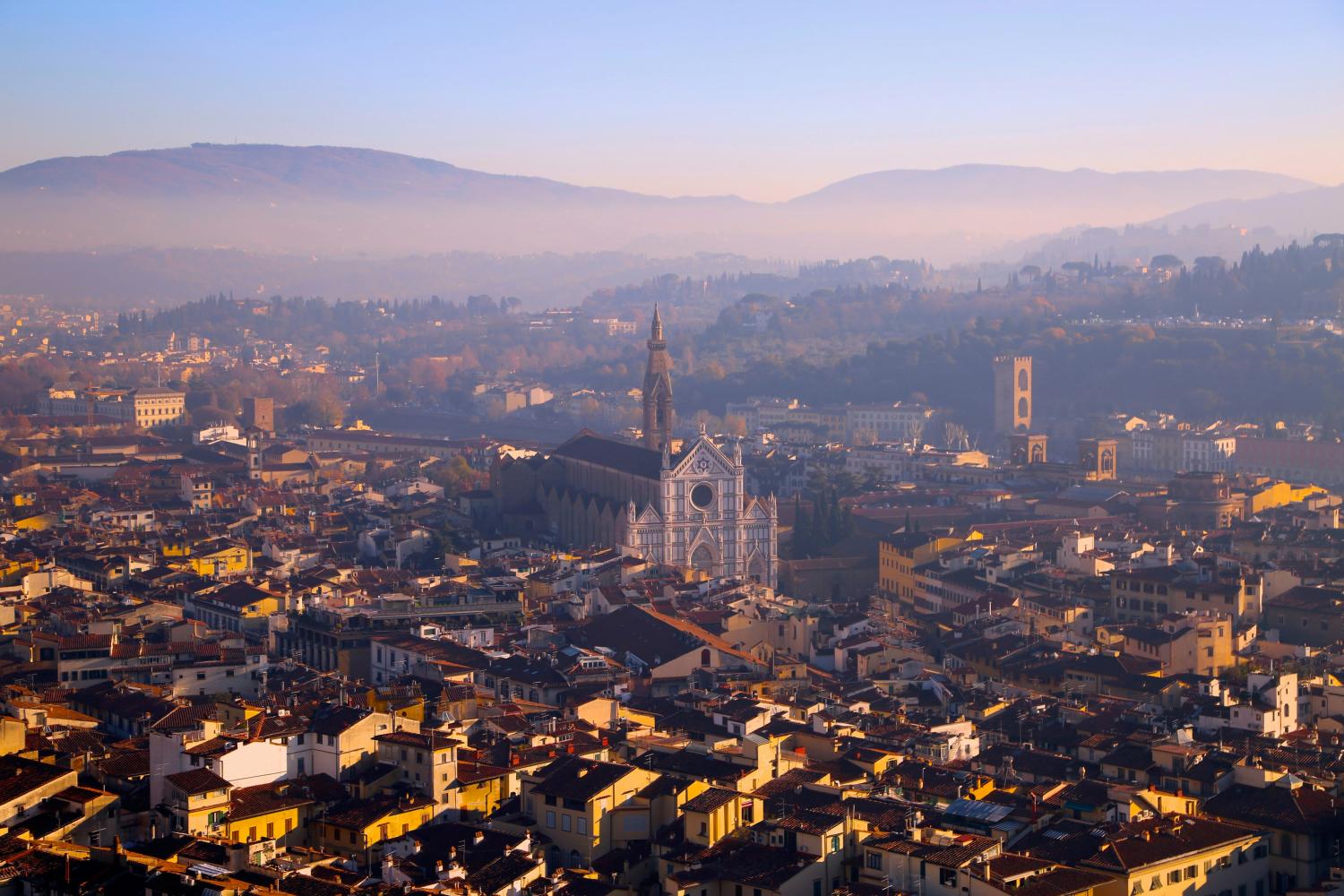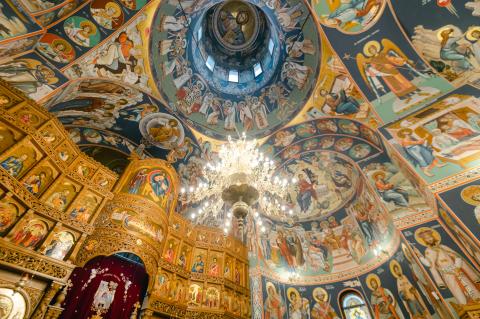
A wave of controversy has swept across France after a 19-year-old university student was brutally killed a handful of days ago, after she was last seen having lunch between classes at a nearby park. Her murderer was a foreigner living in France without valid sanction to stay, his visa having expired and his deportation process having been fumbled some time earlier. As a result, the tragedy has exposed a fraught battle around questions of immigration in Europe, and an even more fraught one around questions of “multiculturalism” and the place and meaning of Western civilization’s ideals in the world.
In particular has been the reemergence of language that has been in abeyance for a long time, being apparently antithetical to the “decolonizing” agenda of much of the modern progressive movement. It’s language that looks to re-ground the West in its origins, its founding upon principles and ideas that it had boldly claimed to be universally applicable: “Multiculturalism” is “at a dead end,” the French interior minister was quoted for saying, as a stand against those looking to dissolve strong and distinctive European cultural values in a decolonizing solvent; “our culture is Judeo-Christian. The French melting pot was created in Jerusalem, Athens and Rome.” Interestingly, he’s not the only one taking such a line. Giorgia Meloni, Italy’s Prime Minister, was cited recently for referring to the West as “a synthesis born out of the meeting of Greek philosophy, Roman law, and Christian humanism.”
There’s a lot to unpack in this. But it’s worth pointing to just one, core idea laying at the heart of both comments. To wave at Jerusalem, Athens, and Rome is to wave at three cultures that are unique in world history for the way they claimed to have discovered ideals that were not simply to be the basis of local traditions – as, say, Chinese ideals have been. Rather, they insisted that the truths they found were meant for the whole of humanity, and this is why the West has so influenced global culture: not (by and large) as an imposition of a nationalist agenda or cultural self-preoccupation, but with a belief that what it had gained from philosophy, from religion, was a gift meant for the whole world and the whole of human life.
For established political leaders to recur to this sort of language about a Judeo-Christian foundation – political leaders who are not fringe, hyper-radical figures, either – seems in some ways a response to the realization that the current, progressive, relativistic agenda isn’t working, nor is resisting universal and objective claims in the name of liberty and a freer and happier world. Indeed, what’s being noticed, perhaps, is that the progressive agenda is the self-preoccupied one, the one imposing itself arbitrarily and sometimes destructively, without claiming to offer a basis in alternative truths that, if embraced, are sure to hold for all peoples, in every time and place.
The reemergence of language like the French and Italian ministers’, then, seems a place Christians might recognize themselves as invited to speak into, too – a space they might leverage as an evangelistic tool while progressive strongholds break down, in some ways, in national and international politics. We might remember that the imprint of Judeo-Christian ideals around the world hasn’t been the product of an arbitrarily nationalistic bent. Jerusalem, Athens, and Rome believed their discoveries of truth to be genuinely based in an objectively real human nature, and the principles they posed, accordingly, are those they took to be genuinely good for every human person.
“How can you integrate young people who have doubts, by telling them that France is unlovable, that it is guilty of all crimes?” the French interior minister asked, pointing to the way his country’s long-standing influence has been wrongly interpreted. We have perhaps been immersed in discourse that would make the West guilty of a lot of crimes, too. And while there’s room for humility and a clear-eyed look at the wages of the Fall in any human history, it’s also true that the West’s broader influence need not be rejected as wholly “unlovable,” either. Rather, it is lovable when understood, and carried out, rightly – as an expression of a kind of cultural generosity, an expression of the desire to see all human persons, all human cultures, flourish in the ways they were created to.
Pope Francis opened the second assembly of the Synod on Synodality in Rome by warning participants against clinging to agendas in such a way that would produce "dialogues among the deaf."
One author reflections on moral development in the age of social media, while another explores the tragedy of the "suicide pod."
The baldacchino of St. Peter's Basilica will be unveiled on October 27th after a long restoration process, revealing the bronze masterpiece as it was meant to be viewed.


